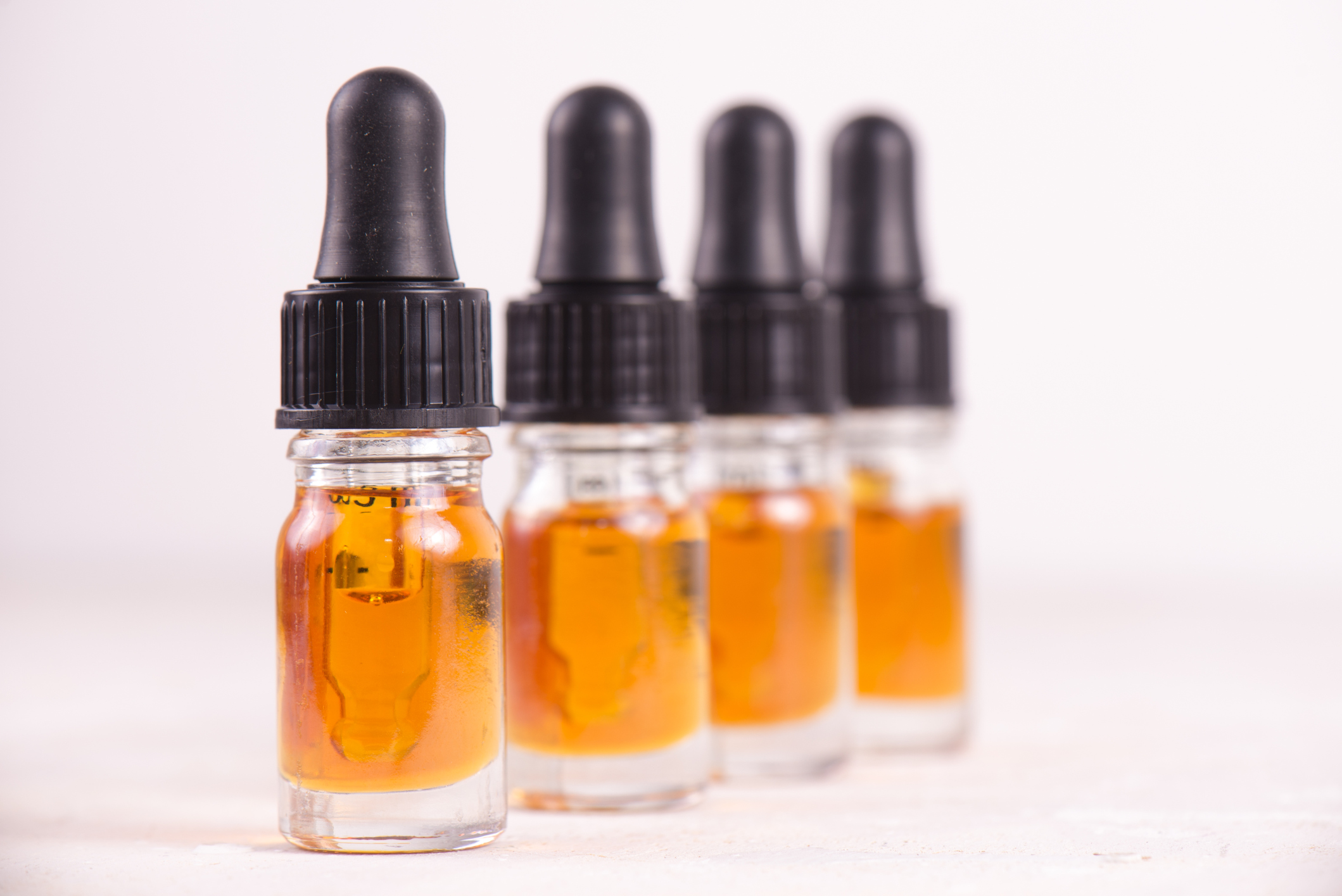While the legalization of marijuana is spreading across North America, the interest in cannabidiol (CBD) oil is also rapidly growing. The extract does not contain THC (tetrahydrocannabinol), the active ingredient in cannabis which gets you high, but manufacturers claim it helps with anxiety, pain, inflammation and a few studies suggest it could help with addiction.
According to a recent NPR report, it’s estimated that the CBD industry has doubled over the past two years and now represents a $200 million business. But there is little scientific data to back up industry claims other than a few small studies that link CBD with anti-anxiety and anti-inflammatory effects. Early research has found CDB also exhibits neuroprotective, anti-epileptic and antipsychotic properties and trials registered with the U.S. Food and Drug Administration are currently underway. CBD has already received approval in several European countries. Zelda Therapeutics currently has clinical trials underway in the fields of Autism, Insomnia and Eczema with pre-clinical research moving forward with brain cancer, breast cancer and pancreatic cancer.
With funding from the U.S. National Institutes of Health, a clinical trial will soon begin to determine if CBD would help post-traumatic stress disorder patients who also have moderate to severe alcohol use problems. More research will explore if CBD could also help recovering opioid abusers avoid relapse by reducing cravings. In research on animals, CBD decreased cravings and anxiety without psychoactive effects.
Although CBD does not alter perception or cognition, is does still have an effect on the brain. More study is required to evaluate how CBD works and what it does in the brain, as well as to develop consistent dosing, strength and purity standards. The federal Drug Enforcement Administration still classifies CBD as a schedule 1 substance, the most restricted level for drugs with “no accepted medical use and a high potential for abuse”. Because of these restrictions, it has been difficult for researchers to get clinical trials off the ground.
Learn more about how CBD could help address opioid addiction in research out of Mount Sinai Health Systems published in Science Daily.






Add Your Voice
0 Comments
Join the Discussion